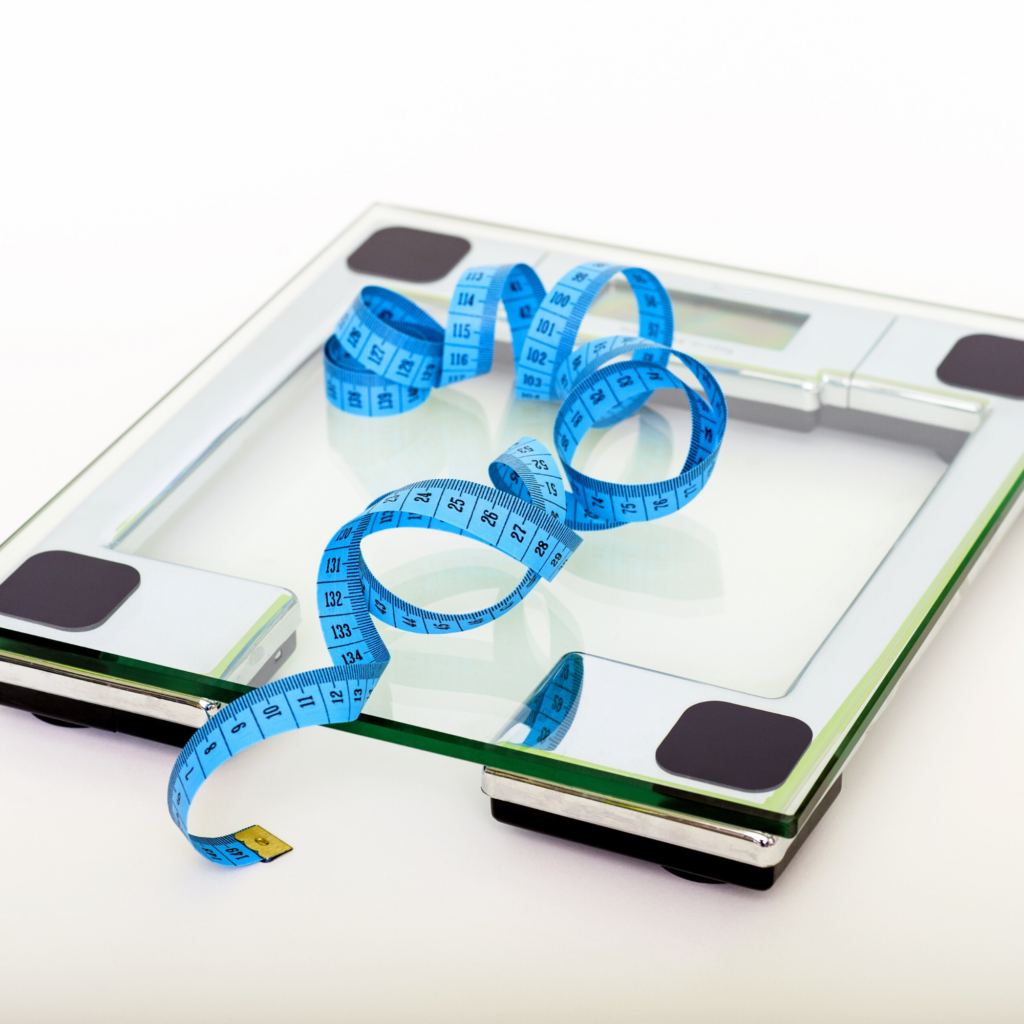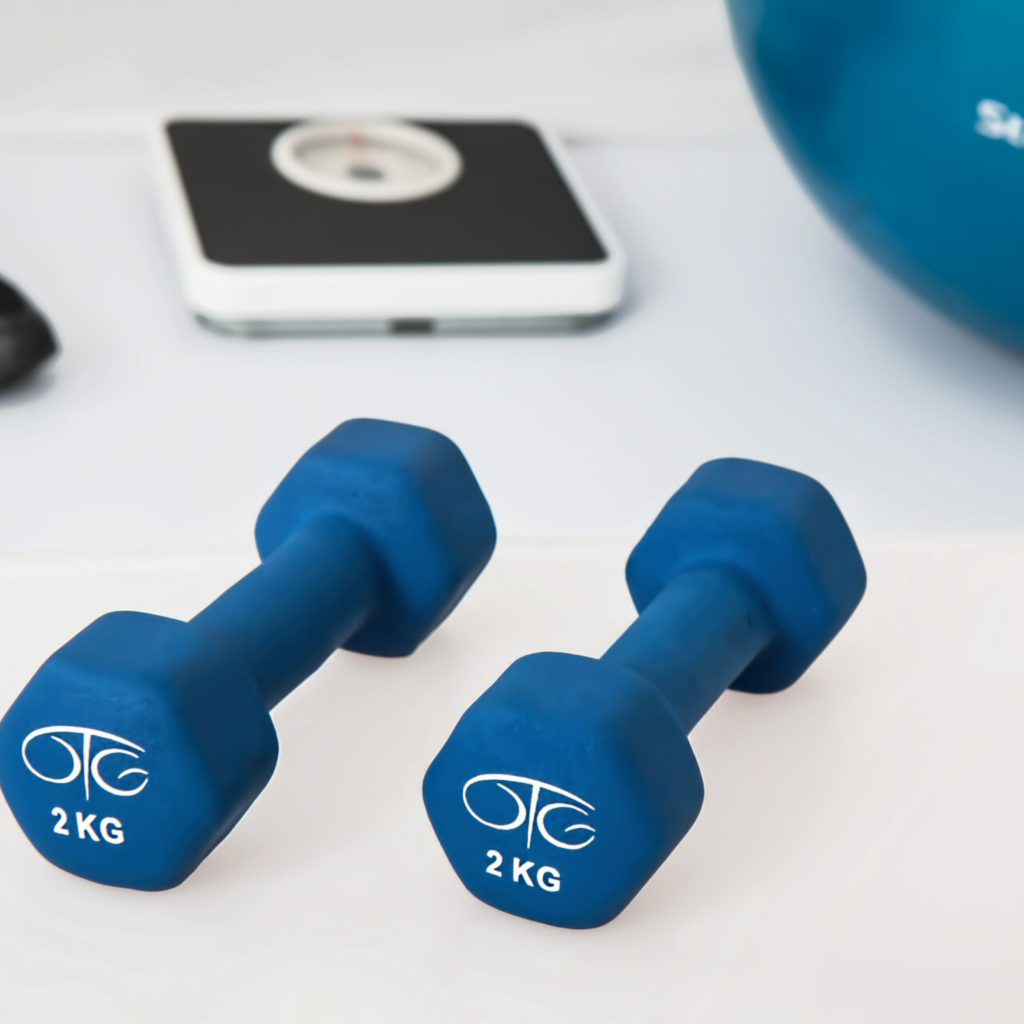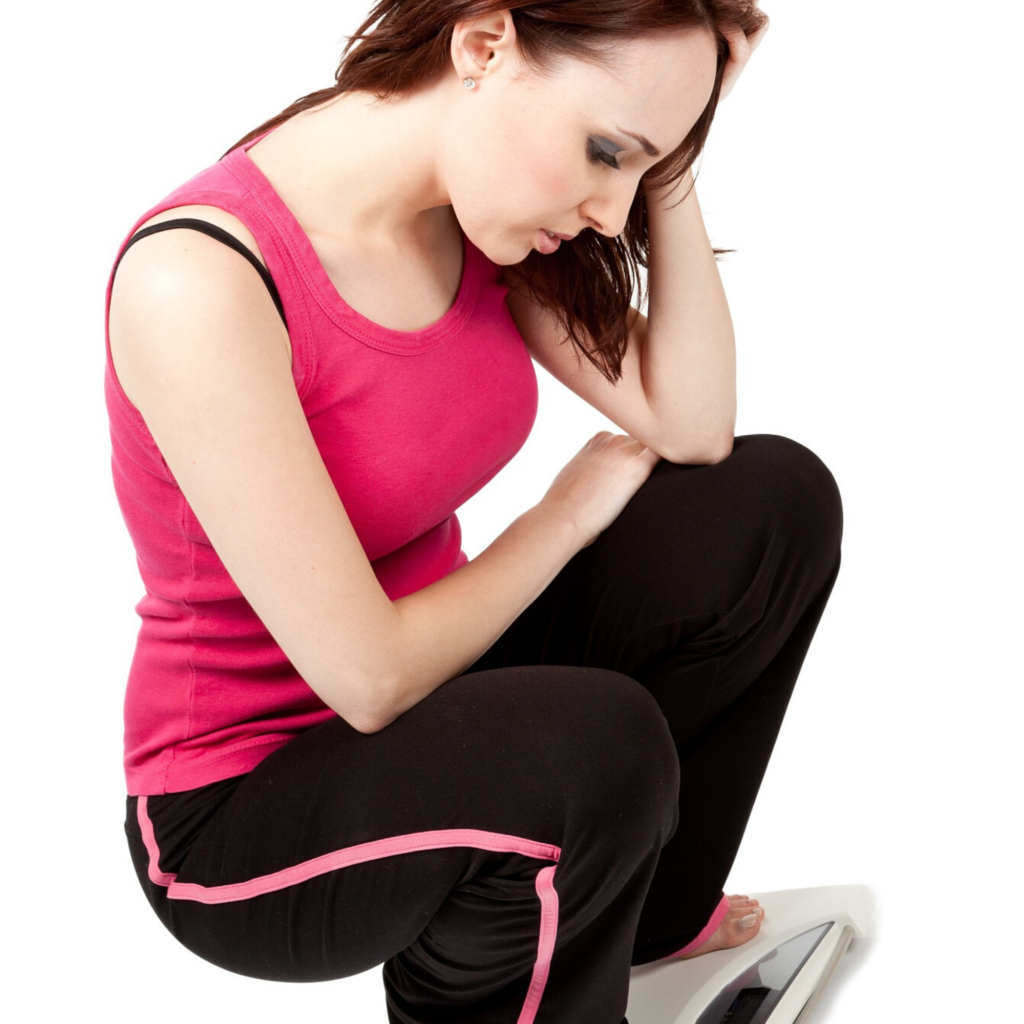As a practicing Registered Dietitian, I’ve found that most patients are majorly confused when it comes to a proper weigh-in. Here are some tips for the best time to weigh yourself!

I cannot tell you how many times I’ve been working with a weight-loss patient and they start telling me how they have been paying attention to the nutrition content of every single food item they are consuming, tracking all of their meals via the MyFitness Pal app, and then…they become frantic. They weighed themselves yesterday at 3pm and the scale said they gained 2 lbs. How could this happen when they’ve been doing everything right?! This is because hopping on your scale in the afternoon is NOT the best time to weigh yourself. Let’s not torture ourselves any longer, here are some tips for a proper weigh-in.
The Best Time to Weigh Yourself
- First thing in the morning
- After you’ve used the bathroom
- Before you eat or drink ANYTHING (we fluctuate anywhere from 3-5 lbs. throughout the day based on consumption)
- Without clothes (it’s extra weight that you don’t need)
How Often Should You Weigh Yourself?
You should weigh yourself once per week. There are so many variables to weight loss and weight gain, after a week most of those variables even out and will reflect an accurate number.

Focus on The Amount of Weight Lost
That above mentioned weigh-in is the ideal situation, however, that situation is not always possible. For example: if you don’t own a scale and rely on your Dietitian’s scale for your weigh-ins but your appointments are at 2pm every Wednesday, there is simply no way around the timing of your weigh-in. That’s just fine, what you want to focus on is the amount of weight lost. If you weigh-in every Wednesday at 2pm, make sure that the last meal and liquids consumed are about 2 hours prior to that weigh-in. This allows time for digestion, as well as, time to filter out the liquids you’ve consumed. By doing this, you will be at same point meal and liquid-wise before every weigh-in and will allow you to see an accurate amount of weight lost each week, which is the end goal right? Right!
No Two Scales Weigh You The Same
It’s important to note that most scales will never show you the exact same weight. There are several factors to consider:
- Is it a digital scale or a mechanical scale?
- When was the last time the scale was calibrated?
- How old is the scale?
- Is the scale of quality?
The best solution is to weigh yourself on the same scale, every single time. It will save your sanity and offer the most accurate amount of weight lost over time.

When Should You Not Weigh Yourself?
Menstruation
Ladies, do not weigh yourself 1-3 days prior to menstruation or during menstruation. You will be heavier, it’s that simple. Just think about it this way: your body is preparing to bleed for a week! It’s holding onto everything (iron, stored body fat, water, etc) it can so that you get through the week as seamless as possible. Drink lots of water, nourish your body properly, get through the week and begin weigh-ins once the bleeding has stopped. You’re welcome!
If Weigh-Ins Trigger Anxiety, Depression or Disordered Eating
- When you weigh yourself do you start to obsess over the number on the scale every time?
- Does it affect your mood the rest of the day or make you feel upset?
- Does that number make you starve yourself for the rest of the day?
- Do you overly consume food because of what the scale said?
If you answered yes to any of these questions then get rid of your scale. It’s not worth it. You can assess your progress in the way your clothes feel or take pictures of yourself over time to assess the change in your body. Also, if you go to a medical office where they weigh you, ask for a blind weigh-in. This is where you turn the opposite way of the number on the scale and they can note your weight without you having to see the number or being triggered.
If you have any other questions regarding weigh-ins comment below or email me at therealisticdietitian@yahoo.com


Leave a Reply